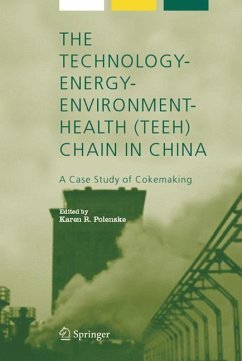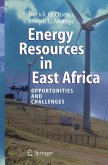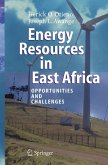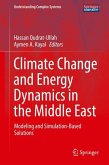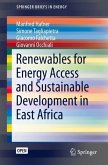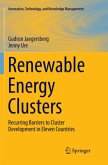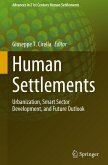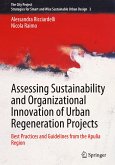Since 1997, the AGS China cokemaking team has been examining the rapidly changing relationships among technology, energy, the environment, and health (TEEH) in one of China's most energy-intensive and highly polluting industries--cokemaking. The team has developed analytical tools and methods that can be used to examine TEEH issues in almost any industry in any country. Their findings tell a fascinating story--a story that not only teaches us how we can begin to analyze unfamiliar industries through the TEEH lens, but also reveals the often unexpected consequences of industrial management and technology decisions.
Coke is unusual in that it is at the same time both particularly unglamorous and particularly important--as a result, key industrial changes occurring in China with far-reaching global economic and environmental impacts often go unnoticed. This book is a major step in closing the knowledge gap of those impacts. The editor supplements the detailed and informative text with photos illustrating the new and old technologies used in Shanxi Province from 1998 through 2004.
"The TEEH approach should serve as a template for scholars, industrial and resource managers, and economic development strategists for years to come."
--Adam Rose, Professor of Energy, Environmental, and Regional Economics,
The Pennsylvania State University
"Impressive. This book, the result of seven years of interdisciplinary work, proves that the China cokemaking team is contributing to the forefront of the field."
--Wang Huijiong,Vice President, Academic Committee, Development Research Center,
State Council, People's Republic of China, and Li Shantong, Vice President, Academic Committee, Development Foundation
"This book is timely and relevant...[It] describes many aspects of recent, dramatic transformations in the [coke] industry and uses new survey andplanning toolsto provide descriptive and analytic information that should be useful to policy analysts."
--Zmarak Shalizi, Senior Research Manager for Infrastructure and Environment Research, the World Bank
"This [is a] timely, comprehensive study . . . Prof. Polenske is to be commended for a very readable analysis of cokemaking, during a period of unprecedented growth in the coke industry and the economy in China, illustrated by a large number of photographs."
--Adel Sarofim, Presidential Professor, College of Engineering, University of Utah, formerly MIT Lammot du Pont Professor of Chemical Engineering
Coke is unusual in that it is at the same time both particularly unglamorous and particularly important--as a result, key industrial changes occurring in China with far-reaching global economic and environmental impacts often go unnoticed. This book is a major step in closing the knowledge gap of those impacts. The editor supplements the detailed and informative text with photos illustrating the new and old technologies used in Shanxi Province from 1998 through 2004.
"The TEEH approach should serve as a template for scholars, industrial and resource managers, and economic development strategists for years to come."
--Adam Rose, Professor of Energy, Environmental, and Regional Economics,
The Pennsylvania State University
"Impressive. This book, the result of seven years of interdisciplinary work, proves that the China cokemaking team is contributing to the forefront of the field."
--Wang Huijiong,Vice President, Academic Committee, Development Research Center,
State Council, People's Republic of China, and Li Shantong, Vice President, Academic Committee, Development Foundation
"This book is timely and relevant...[It] describes many aspects of recent, dramatic transformations in the [coke] industry and uses new survey andplanning toolsto provide descriptive and analytic information that should be useful to policy analysts."
--Zmarak Shalizi, Senior Research Manager for Infrastructure and Environment Research, the World Bank
"This [is a] timely, comprehensive study . . . Prof. Polenske is to be commended for a very readable analysis of cokemaking, during a period of unprecedented growth in the coke industry and the economy in China, illustrated by a large number of photographs."
--Adel Sarofim, Presidential Professor, College of Engineering, University of Utah, formerly MIT Lammot du Pont Professor of Chemical Engineering
From the reviews: "This book provides a well-organized and very thorough case study of the evolution of the cokemaking industry in China through a period (1997-2004) of significant industry upheaval and restructuring, both in economic and physical terms. ... this text would make an excellent graduate-level supplement to a 'topics' or 'case studies' course. It does a worthy job of introducing students to the applied analysis of energy efficiency, input-output-based structural decomposition, mechanics of industrial surveys, pollution exposure analysis, and socioeconomic methods and analysis." (David M. Anderson, Journal of Regional Science, Vol. 47 (2), 2007)

